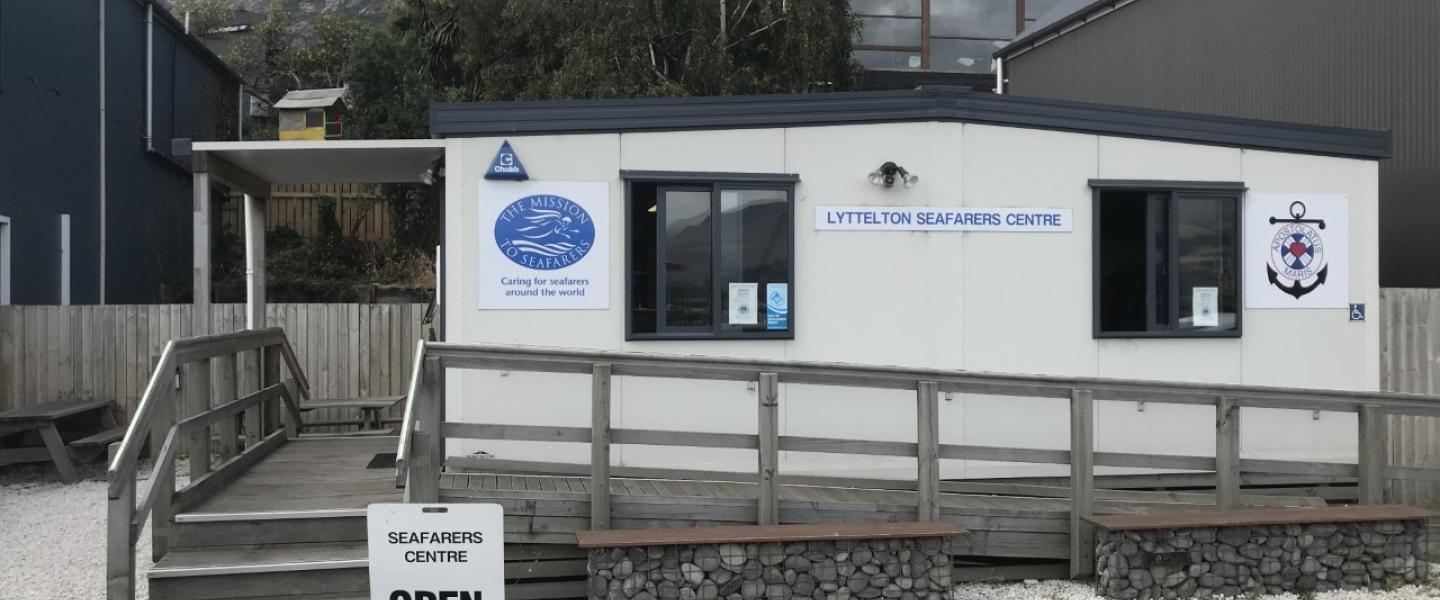Press Release
11 March 2021
“The Maritime Transport Act will be amended through the Regulatory Systems (Transport) Amendment Bill to allow maritime levies to be used to provide support services coordinated by the Seafarers Welfare Board.”
London. UK. Human Rights at Sea is pleased to report that the Labour-led New Zealand Government has publicly announced it will fulfil its manifesto pledge and commitment to improve seafarer welfare through funding from the maritime levies triggered by lobbying from the Seafarers Welfare Board and the March 2020 report from HRAS ‘Under funding of Seafarer’ Welfare Services and Poor MLC Compliance’.
The Labour Manifesto 2020 highlighted (p20) that: “Labour will ensure that Seafarer Welfare Centres provide services to the level required by the ILO Maritime Labour Convention 2006 by amending the Maritime Transport Act 1994 to enable the maritime levy to fund the services required for seafarers’ well-being”.
This followed the earlier issuing of an accompanying Labour – Workplace Relations fact sheet specifically covering the issue:
Ensuring that Seafarer Welfare Centres provide better services
“A report by Human Rights at Sea earlier this year found that seafarers’ shore-based welfare facilities and services are inadequate and at Akaroa there is no seafarers’ centre at all. Under the Maritime Labour Convention New Zealand has an obligation to provide for crews who come ashore in New Zealand but this is currently funded largely through charitable sources which isn’t sufficient to provide adequate facilities. Labour will ensure that Seafarer Welfare Centres provide services to the level required by the ILO Maritime Labour Convention 2006 by introducing an industry levy for seafarers’ wellbeing”.
Government Announcement

Transport Minister and Deputy Leader of the House made the latest announcement on 9 March.
“The Maritime Transport Act will be amended through the Regulatory Systems (Transport) Amendment Bill to allow maritime levies to be used to provide support services coordinated by the Seafarers Welfare Board.
Transport Minister Michael Wood said COVID-19 has impacted massively on international shipping lines and this has meant seafarers need support.
“Border and health restrictions often mean crews are out at sea for months on end with limited ability to contact their families.
“The Seafarers Welfare Board provides support and services to seafarers who are vital to maintaining New Zealand’s global trade lines.
“For example, they ensured wifi units were made available for ships calling at New Zealand ports, providing a connection to 794 ships. This gives seafarers the chance to connect with their families after months at sea and Board staff communicating with them provides an avenue to raise concerns and complaints.
“The Seafarers Welfare Board currently relies on donations to coordinate facilities at our ten main ports. By giving them long-term funding certainty, we will meet our international commitments and ensure that services to support seafarers’ wellbeing continue to be provided,” Michael Wood said.
The Government is providing interim funding through the Essential Transport Connectivity Scheme for services coordinated by the Board in 2020/21. The Regulatory Systems (Transport) Amendment Bill will be passed before mid-year.
As a party to the Maritime Labour Convention, New Zealand must ensure that seafarers on ships visiting its ports have access to welfare services necessary for their health and well-being, promote the development of welfare facilities, and encourage the development of welfare boards.
Maritime NZ will enter into service delivery arrangements with the Seafarers Welfare Board, which will be paid for from maritime levies. The aim of the arrangement would be to provide secure funding for core welfare services, rather than replace all funding that the Board currently generates. The Board helps run seafarers’ welfare centres and provides services such as toll-calls, email/internet, money exchange, access to counselling and books.
Maritime levies under section 191 of the Maritime Transport Act can be used for a wide range of shipping-related and regulatory purposes, but those purposes do not include seafarer welfare services at the moment.”
Background to Legislative Change
The previous Chair of the NZ Welfare Board, the Reverend John McLister, first raised the issue of concern as to a lack of sustainable funding and facilities for visiting seafarers to HRAS during the International Christian Maritime Association’s (ICMA) World Conference in Kaohsiung, Taiwan, Peoples Republic of China, in October 2019.
The subsequent HRAS report was issued in March 2020 with Counsel’s opinion from Quadrant Chambers, London, Counsel James. M. Turner QC, and Stephanie Barrett and was socialised through the New Zealand High Commission in London before being passed to Wellington. Tradewinds reported the matter on 16 April.
